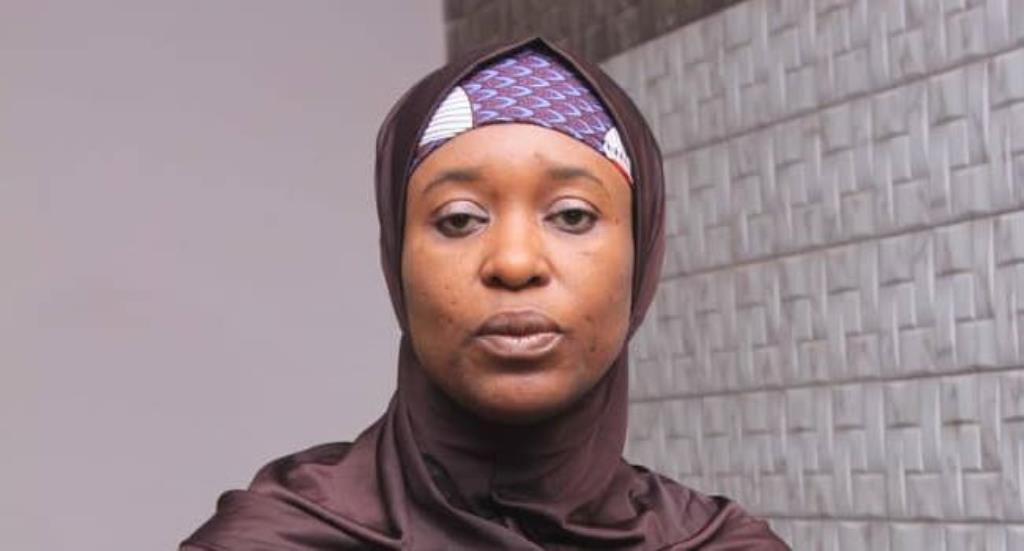Aisha Yesufu defends homosexuality. Says You do not need anyone liking your choice of sexuality.

Activist Aisha Yesufu has defended same-sex marriages in Nigeria saying ‘All you need is being given the right to practice your sexuality.’
Yesufu shared her position on same-sex marriage in a series of tweets on Twitter. In one tweet she claimed, “Homosexuality was freely practiced in Nigeria for hundreds of years and I witnessed same-sex marriages in the 80s.”
You do not need anyone liking your choice of sexuality. All you need is being given the right to practise your sexuality. Homosexuality was freely practiced in Nigeria for hundreds of years and I witnessed same sex marriages in the 80s.
So calm down, it is not a new discovery.— Aisha Yesufu (@AishaYesufu) January 11, 2021
Homosexuality is a crime punishable by up to 14 years imprisonment under the 1999 Nigerian Constitution.
Not just in Nigeria, across Africa, homosexuality is illegal in most parts of the continent, and gay people face life imprisonment or the death penalty. Some religious groups brand it a corrupting western import.
The Same-Sex Marriage Prohibition Act, which banned gay relationships and entrenched intolerance of sexual minorities in Nigerian society, was signed by Goodluck Jonathan, then president, in January 2014.
The law caused an international outcry, with condemnation from global human rights organization and western governments. Human Rights Watch called it a “sweeping and dangerous piece of legislation”.
But Aisha Yesufu seems to have stirred a taboo subject amongst Nigerians. “Link me up with your son, I can see he has a fat butt,” a Twitter user mischievously ask.
“He is an adult, like you and you don’t have to hide behind mother’s wrappers,” the mother of two replied.
When another user wrote “God Himself destroyed a whole generation because of this. Sit this one out Mrs Yesufu.”
Yesufu replied, “Madam Kulu, God also gave people right to their choices and they will face consequences for their choices and there are messages God gave to believing men and women and also to mankind.”
Aisha Yesufu is a Nigerian socio-political activist who rose to prominence in 2014 when she co-convened the Bring Back Our Girls Movement, an advocacy group that brings attention to the abduction of over 200 girls, from a secondary school in Chibok, Nigeria, on 14 April 2014, by the terrorist group Boko Haram.
